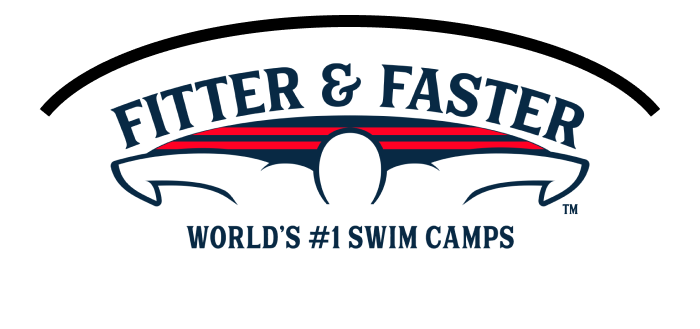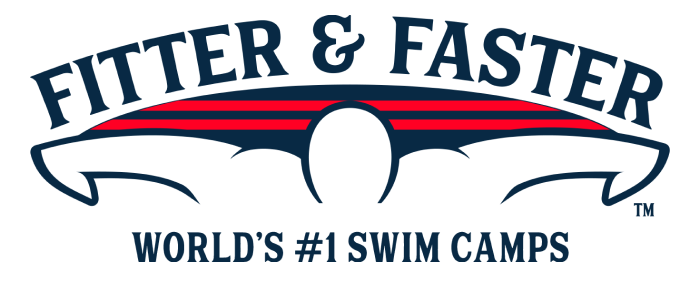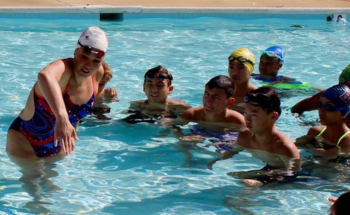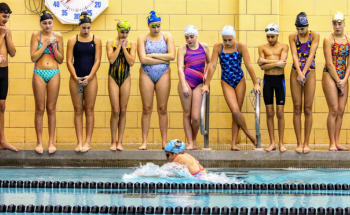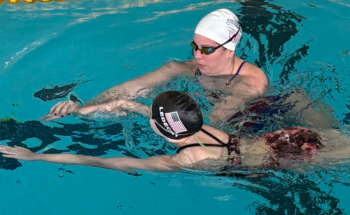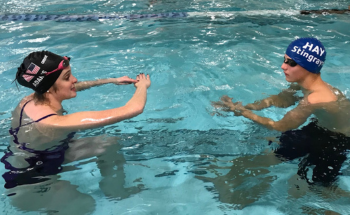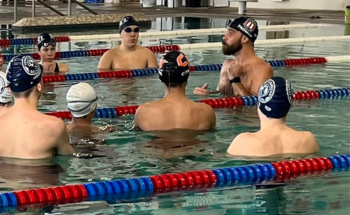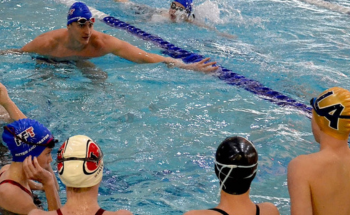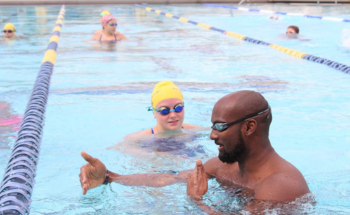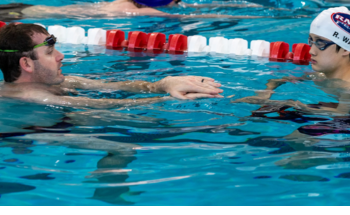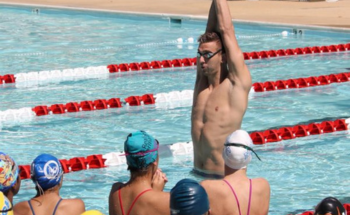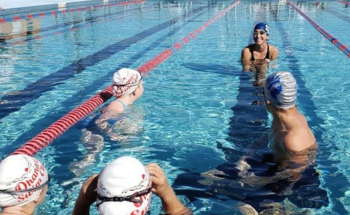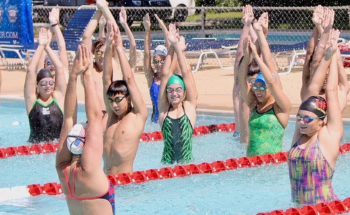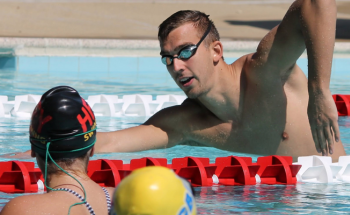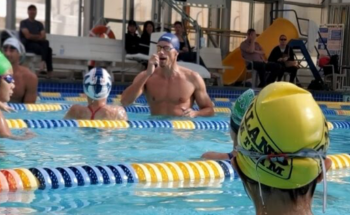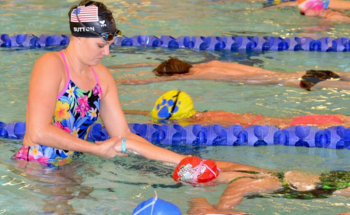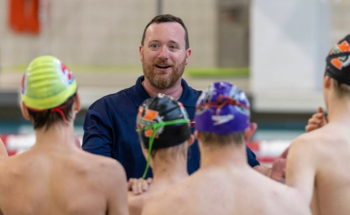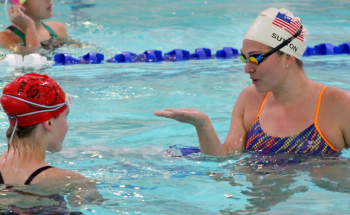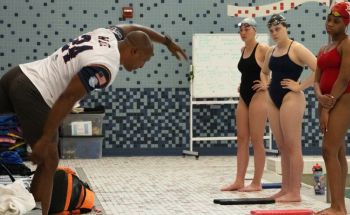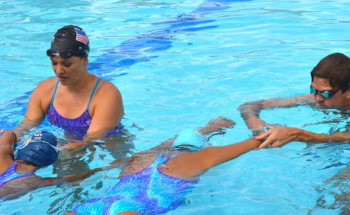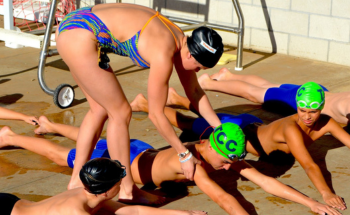Find Swim Camps
Near You:
Near You:
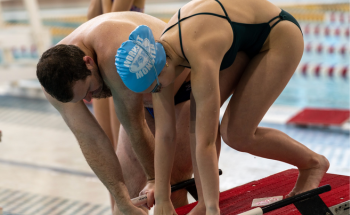
Portland, OR Competitive Enrichment Swim Camp Series
Camp Dates:
- 2026
- Apr 18
- Sep 26
Camp Ages:
- 7 - 9
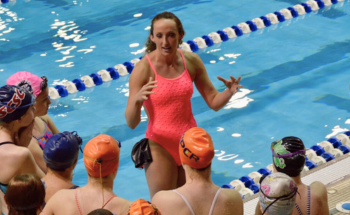
Fort Collins, CO Swim Camp Series
Camp Dates:
- 2026
- Apr 18 - Apr 19
- Aug 15 - Aug 16
Camp Ages:
- 9 - 11

Highlands Ranch, CO Swim Camp Series
Camp Dates:
- 2026
- Apr 18 - Apr 19
- Dec 05 - Dec 06
Camp Ages:
- 13+
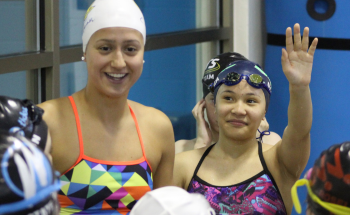
Fort Lauderdale, FL Swim Camp Series
Camp Dates:
- 2026
- Apr 25 - Apr 26
- Aug 08 - Aug 09
Camp Ages:
- 12+

Lawrenceville, GA Competitive Enrichment Swim Camp
Camp Dates:
- 2026
- May 23 - May 24
Camp Ages:
- 7 - 9


